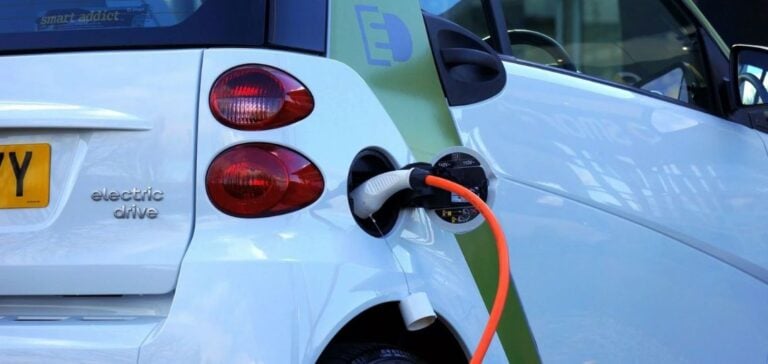The new emissions standards recently adopted in the United States, in the European Union and Canada could reduce oil demand by 6 million barrels per day (b/d) by 2030, and 11 million b/d by 2035, according to the IEA’s (International Energy Agency) latest annual World Electric Vehicle Outlook report.
Promise scenario
If countries meet all their announced energy and climate pledges, the amount of oil displaced by electric vehicles could rise to 12 million b/d, according to the IEA’s more optimistic Announced Promises Scenario (APS).
Sales of electric vehicles
Supported by incentives and falling battery costs, sales of electric vehicles are growing rapidly from a low base. The IEA forecasts that oil demand from road transport will peak around 2025. By 2023, oil displacement demand had already reached 6 times the previous year’s level, rising from around 700,000 b/d in 2022 to around 6 million b/d.
Electricity consumption of electric vehicles
Global demand for electricity to charge electric vehicles could reach almost 2,200 TWh in the baseline scenario, with a higher estimate of 2,700 TWh by 2035 in the APS scenario. In 2023, the global electric vehicle fleet consumed around 130 TWh of electricity.
Electric vehicle market outlook
Sales of electric cars, vans, trucks, buses, and two- and three-wheelers are expected to reach 17 million worldwide in 2024, up from almost 14 million in 2023. China remains the biggest market for electric cars, with sales expected to reach around 10 million, representing around 45% of all car sales in the country this year.
The continued expansion of electric vehicles plays a crucial role in reducing the world’s dependence on oil, with significant implications for energy markets and environmental policies worldwide.






















